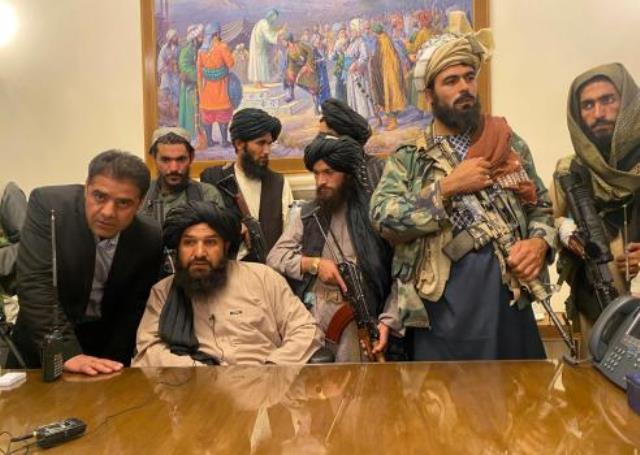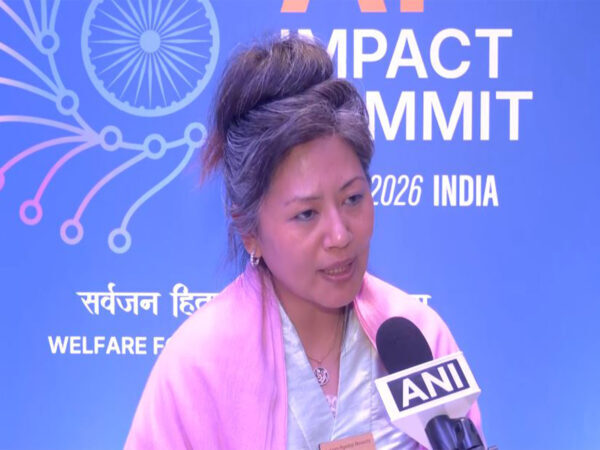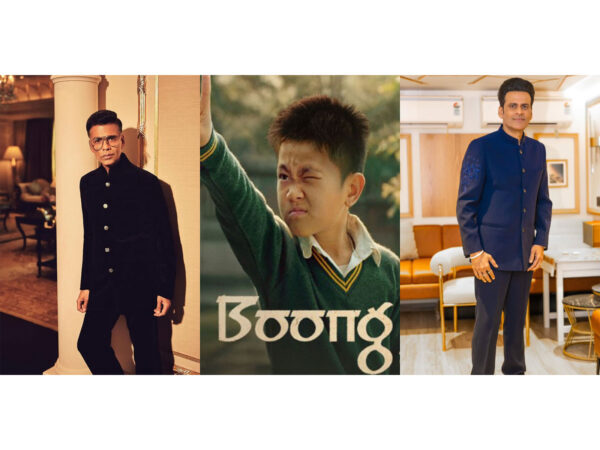
Afghan Artists Bury Paintings, Books For Fear Of Taliban
Driven by the past memories of the Taliban, Afghan artists have been finding difficulties in practising their art as the outfit oppose the idea of westernisation in the strife-torn country.
Many artists have buried 15 paintings depicting women in their modern artwork in a compound days after the outfit entered the capital city Kabul, according to the media international media outlet.
Citing various similar examples, The Washington Post reported that a well-known filmmaker has tucked away a large hard drive with more than 20 films in a secret location before she fled the war-ravaged country.
While a bookseller in his sidewalk shop concealed every book the Taliban consider damning which include two Bibles, translated into Dari and Pashto.
“If the Taliban fighters find this, they will punish me,” the bookseller said, reported The Washington Post.
During the past 20 years of Western presence ushered in a flowering of arts, film, music and books, helping to transform Kabul into a cosmopolitan metropolis. A new generation of artists was influenced as much by Afghan traditions and history as by modern themes such as the war, Western music, women’s rights and oppression under the Taliban.
“The kind of art that we believe has a value means artists should be free to express their own thoughts, not under dictatorship or censorship,” said Sahraa Karimi, the filmmaker. “Those artists will not easily be able to work as freely as they used to. And they were so free.”
Even as some artists take great risks to protect their creations, many have fled the country, while others are self-censoring to avoid the wrath of the Taliban, the international media outlet said.
Various artists have destroyed their paintings or sculptures. Stores selling musical instruments have shuttered, as have many art galleries. Wedding bands and singers have stopped working as many wedding halls cancel live music to not anger the Taliban. Afghan filmmaking, at the moment, is dead.
“The Taliban has not issued any statements regarding the arts,” said Safiullah Habibi, the director of Kabul’s Fine Arts Institute, a government facility. “But artists themselves are limiting themselves. They think the Taliban will repeat what happened in the 1990s. At that time, the arts had no place in their rule.”
Bilal Karimi, the Taliban deputy spokesperson, said the interim government is new and is still “making a framework” for all issues concerning arts and culture. But he said that whether a form of art is “permissible or prohibited” will be governed by Islamic law, or Sharia.
Earlier this week, the Taliban’s Ministry of Justice said that the Constitution from King Zahir Shah’s era will be enforced for an interim period. However TOLO News sources said that the decision is not final yet.
Older generations remember the ultraconservative Islamic regime that saw regular stoning, amputations and public executions during Taliban rule before the US-led invasion that followed the September 11, 2001, terror attacks. Under the Taliban, which ruled in accordance with a harsh interpretation of Islamic law, women were largely confined to their homes. (ANI)



